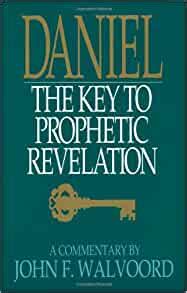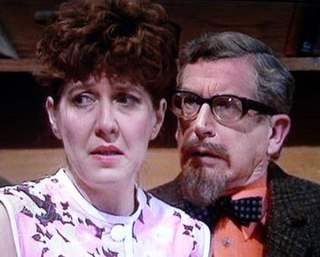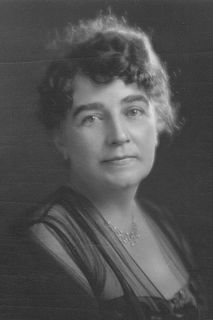A Quote by John Hodgman
By the time I was writing the second book, my life had changed rather dramatically, thanks to the intervention of television, and I needed to find a way to discuss that. Otherwise the big, fake book would not be true on some level.
Related Quotes
The challenge is always to find the good place to end the book. The rule I follow with myself is that every book should end where the next book would logically begin. I know that some readers wish that literally all of the threads would be neatly tied off and snipped, but life just doesn't work that way.
The way I feel about every book is this: you don't finish it, you abandon it. All of my books have in some sense failed, otherwise I wouldn't write another one. If I wrote the perfect book, I wouldn't have to write again, and I wouldn't want to. That's not true for everyone, but it's true for me. I could walk away then. But so far I haven't managed to do it.
When I started writing, the deal was that publishers gave you a grand or two as an advance to buy some sweets, with the promise that they would make a big putsch with your fourth book when you'd built up a bit of a following. But by the time my fourth book came out, previously unpublished authors were the new big thing.
Without the book business it would be difficult or impossible for true books to find their true readers and without that solitary (and potentially subversive) alone with a book the whole razzmatazz of prizes, banquets, television spectaculars, bestseller lists, even literature courses, editors and authors, are all worthless. Unless a book finds lovers among those solitary readers, it will not live . . . or live for long.
When I was a kid my primary goal in life was to find a book that was alive. Not alive in the human sense, but like a thing that would send me to a place not otherwise accessible on Earth. This book should have hidden words encrypted beneath the printed ones, so that if I worked hard enough and discovered the code I would somehow end up inside the book, or the book would take on a body and consume me, revealing a secret set of rooms behind the wall in my bedroom, for instance, inside which anything could be.
You have to find a way of shutting the future out and focusing on the writing. One of the problems I'll have with writing my second book is getting back into a situation where I think about the words on the page rather than the publishing industry, or success, or any kind of readership I may now have. I'll have to do what writers do, which is focus on the story and nothing else.
The process of writing a book is infinitely more important than the book that is completed as a result of the writing, let alone the success or failure that book may have after it is written . . . the book is merely a symbol of the writing. In writing the book, I am living. I am growing. I am tapping myself. I am changing. The process is the product.

































